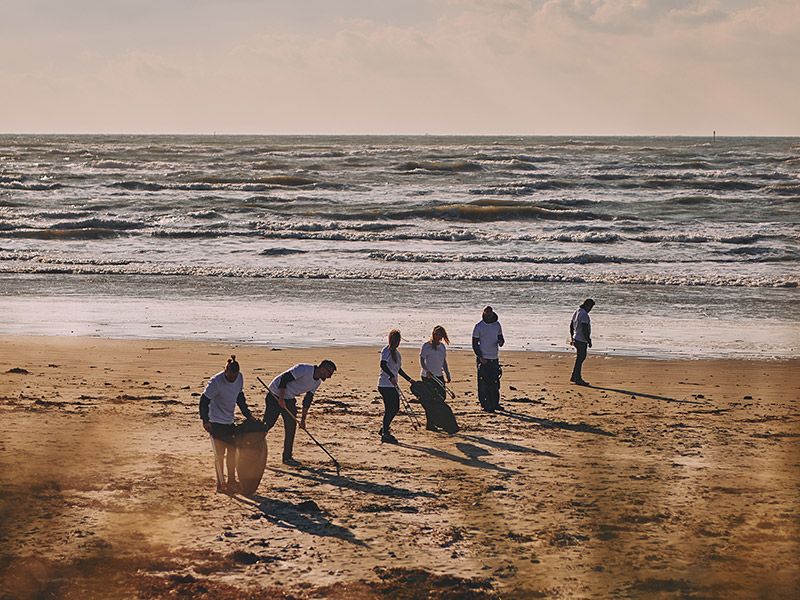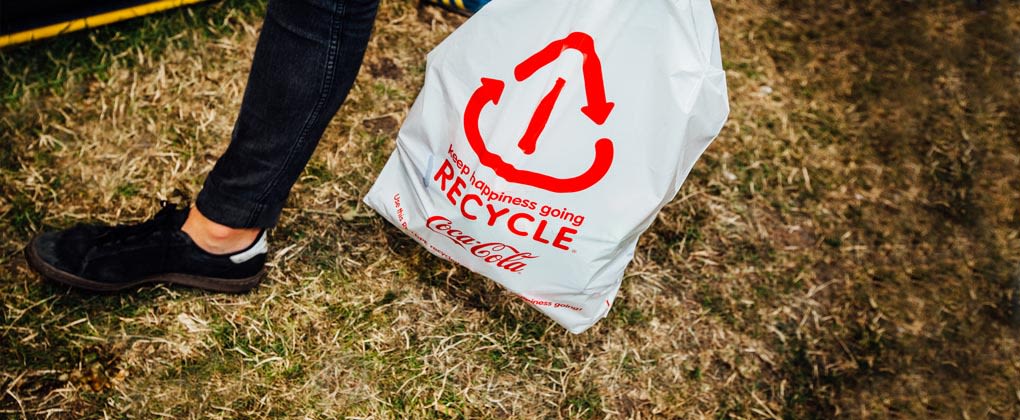Coca-Cola's economic empowerment initiatives in South Africa
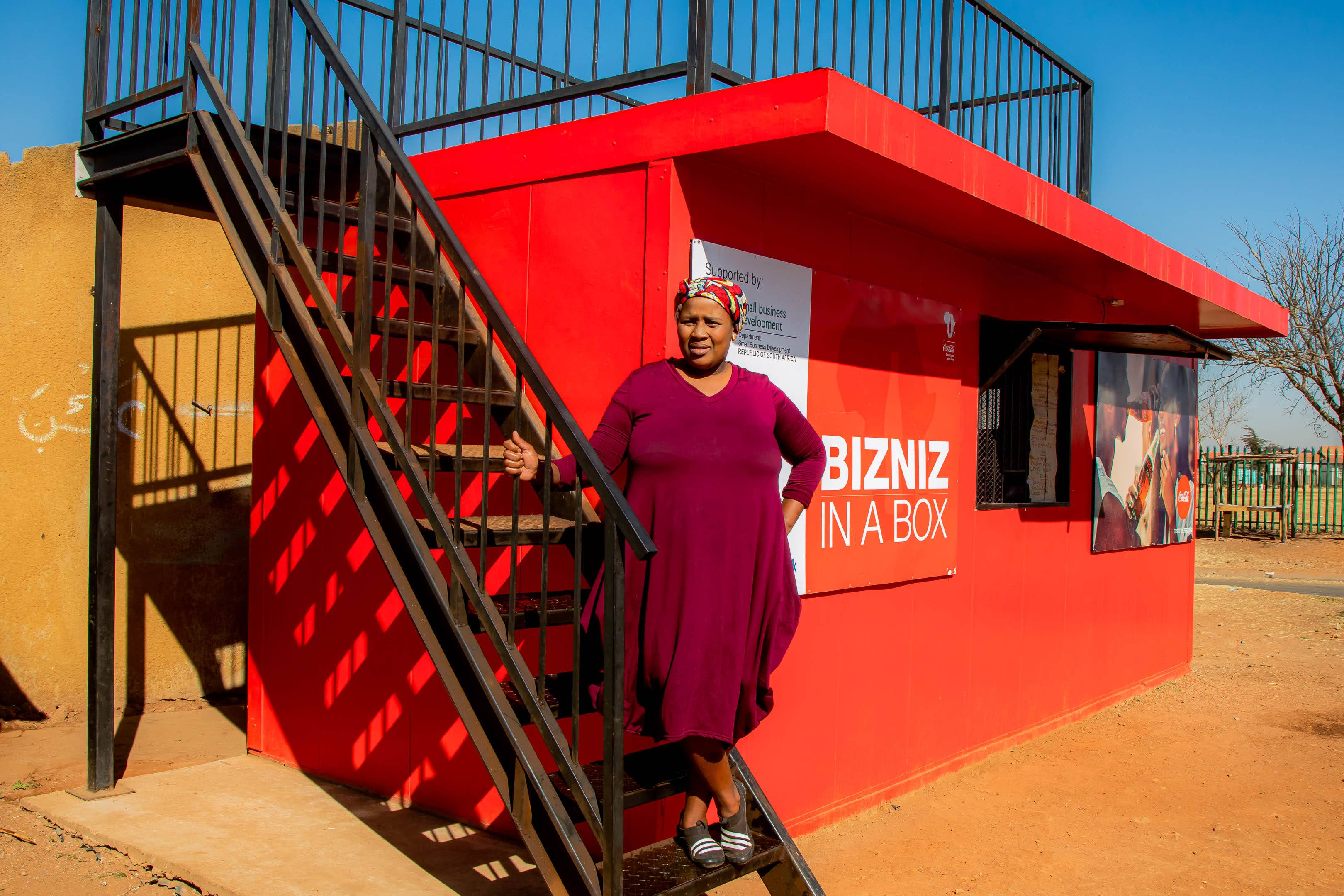
A sustainable livelihood is not measured by how much money you have but by how long you can endure through economic hard times. So, the Coca-Cola system in South Africa – which comprises of Coca-Cola Africa, Coca-Cola Beverages South Africa (CCBSA) and Coca-Cola Peninsula Beverages (CCPB), actively promotes entrepreneurship opportunities among women by providing improved skills training, networking and financial access – ingredients that comprise sustainable livelihoods.
Several studies show that the ripple effect of achieving equality and empowerment for women benefits their communities. For example, women are the pillars of Coca-Cola's business system, and women worldwide invest heavily in their children's health and education and local economies, which creates a tremendous economic impact.
One of Coca-Cola's most successful global campaigns was the 5by20® initiative. This project pledged to enable the economic empowerment of five million female entrepreneurs by 2020. It set out to provide access to business skills training, mentoring networks, financial services, and assets. At the end of the programme, Coca-Cola exceeded its target, enabling the sustainable economic empowerment of more than six million women.
In South Africa, there is CCBSA’s Bizniz in a Box program that helps create a network of women-run spazas. These micro-businesses operate out of custom-designed modular containers, which the women own outright after meeting certain milestones, such as the repayment of start-up costs.
Nozicelo Ngcobo, Public Affairs, Communications and Sustainability Director, CCBSA, said,
"Bizniz in a Box was established in 2016 to address youth unemployment and to answer the government's call on how the corporate sector would empower young people."
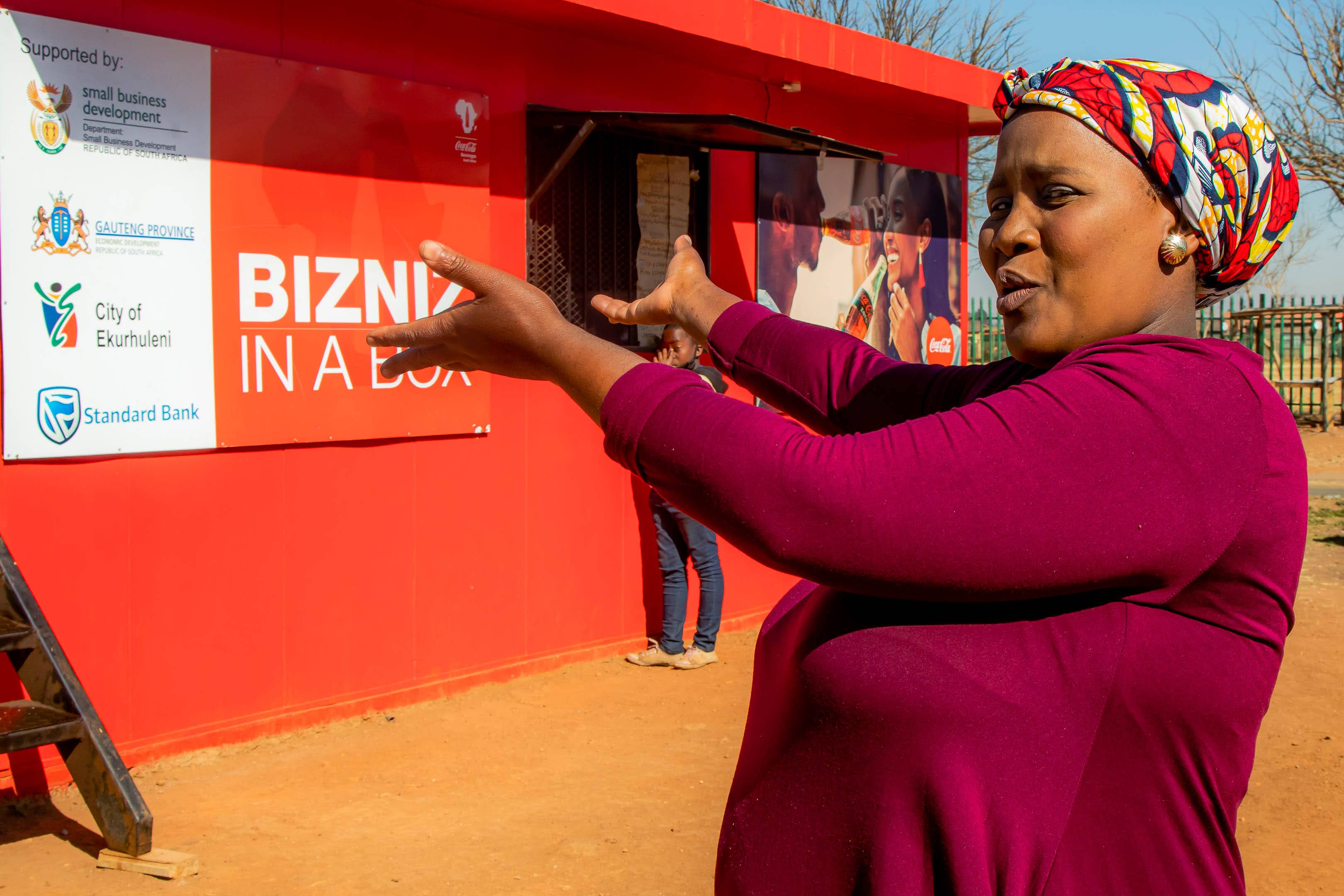
Because of its value chain, the company recognised the many entrepreneurial opportunities in the retail space. The result created more than 700 new businesses over the past five years, with another 200 planned in 2022. As it evolved, the focus moved from the youth to women.
"These entrepreneurs we have nurtured have hired more than 500 people," said Ngcobo.
"But importantly, it's also changing the tide: when you empower women, you empower the community, and you support the secondary economy – the township economy."
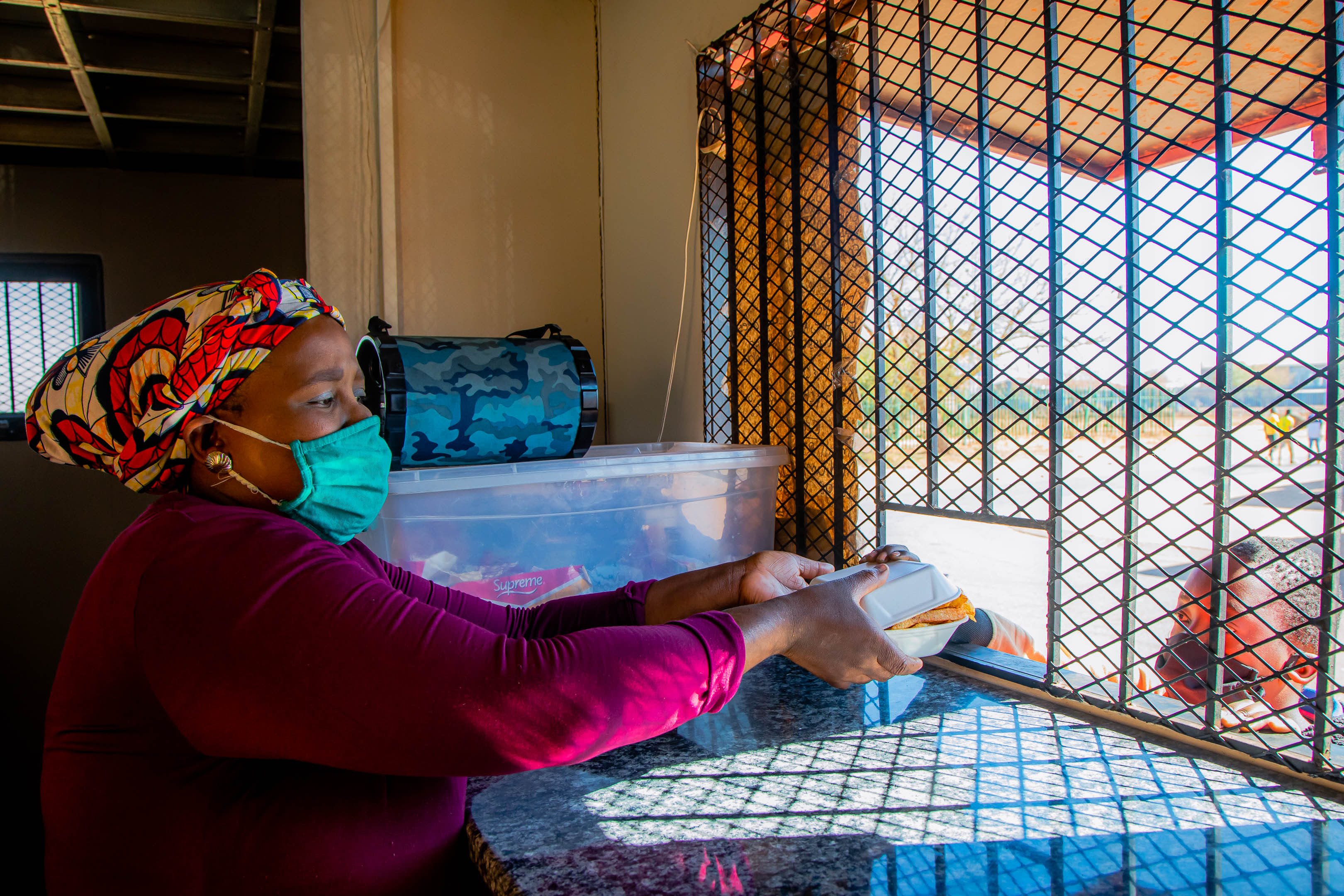
The initiative has spread to encompass partnerships with other FMCG corporates to get behind these new businesses. So Bizniz in a Box entrepreneurs don't only focus on Coca-Cola products but can branch out into whatever sector they inspire into, i.e. an internet café or a car wash.
Babongile Mandela, Public Affairs, Communications and Sustainability Director, Coca-Cola Africa, said the programme focused on marginalised groups in rural and peri-urban areas.
"When you start initiatives in underserviced areas, this is where you create meaningful jobs, economic development and inclusion. This is where you make a difference."
Coca-Cola's Africa-focused sustainability platform, JAMII, enables wealth initiatives ranging from prioritising sourcing and producing locally, empowering local businesses, and driving inclusive growth. CCBSA, for example, committed R100 million to support the development of its black and black female-owned suppliers. In addition, it launched the Mintirho Foundation, a R400 million trust to develop historically disadvantaged emerging farmers and small suppliers, growing them to become full participants in the commercial agriculture value chain.
These sustainability and empowerment programmes are integral to Coca-Cola's corporate vision of helping create wealth in the communities in which it operates – and making a difference.
Explore the rest of the Coca-Cola Journey
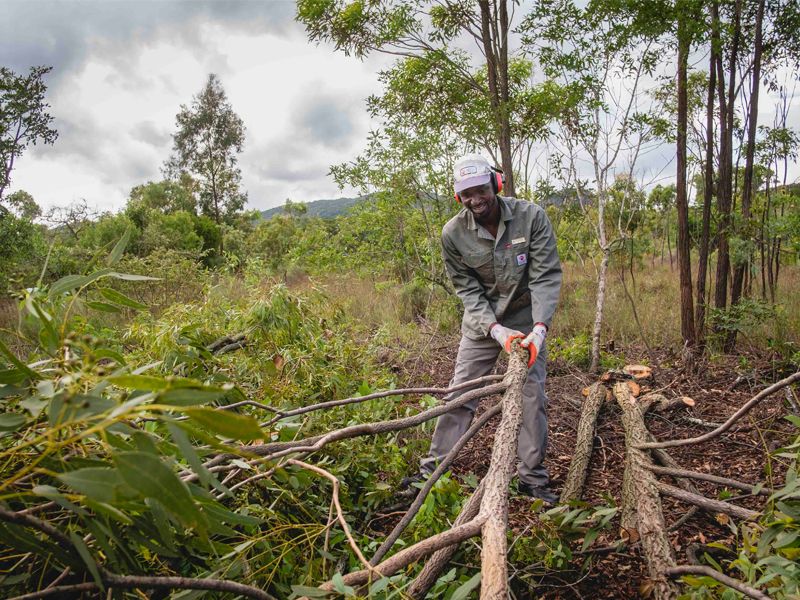
Introduction to the Coca-Cola System and the company purpose
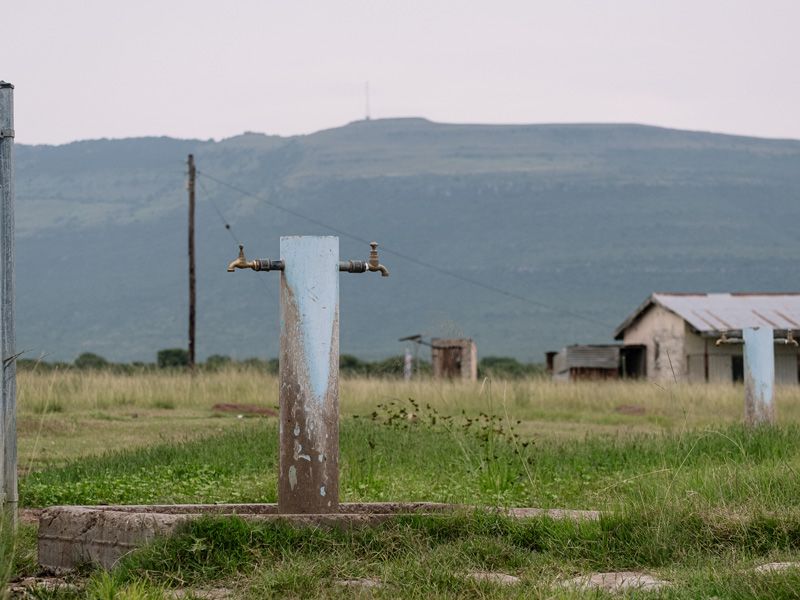
Water Stewardship
